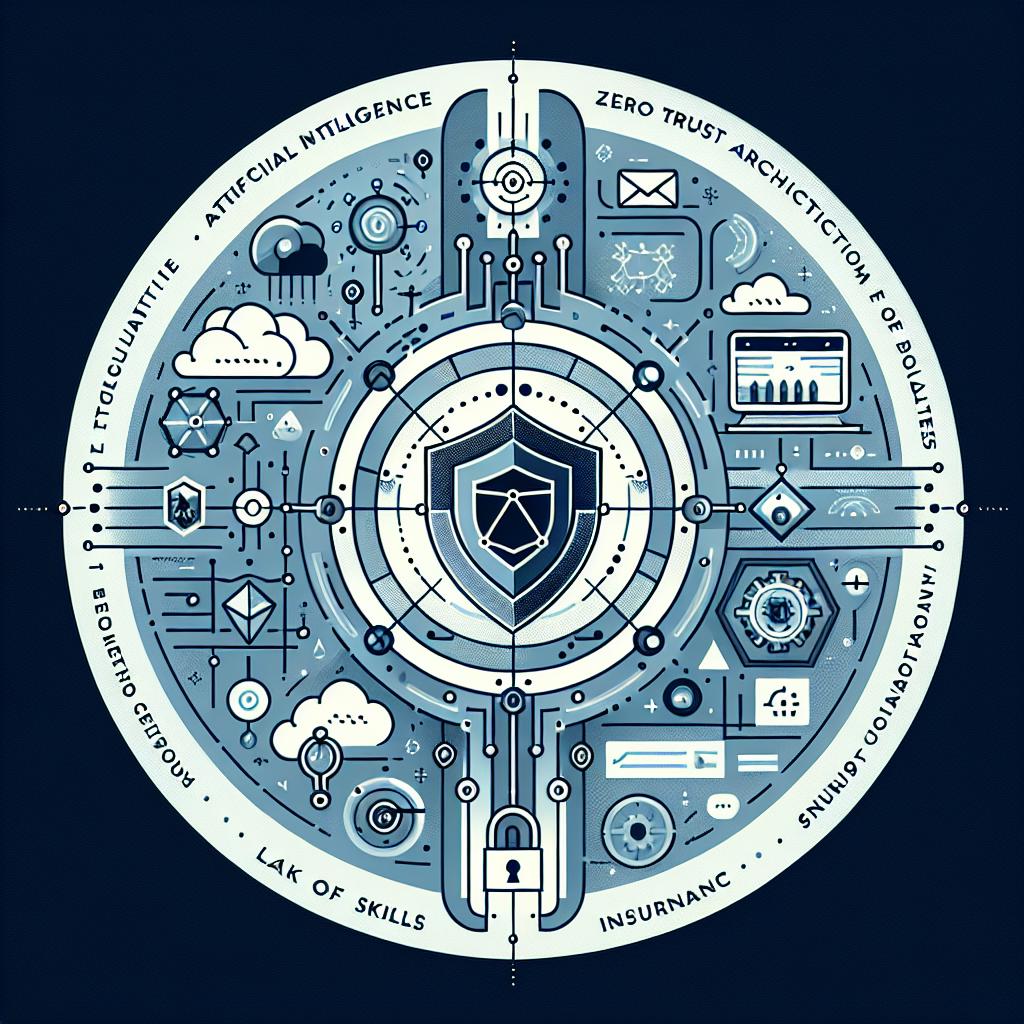With the advancement of quantum computing, traditional encryption methods may no longer be sufficient to secure websites from cyber attacks. As such, there has been a growing interest in exploring other measures that could help protect online information from quantum threats.
One possible solution is the use of post-quantum cryptography (PQC). PQC involves utilizing cryptographic algorithms that are believed to be resistant against attacks by both classical and quantum computers. These algorithms include hash-based signatures, lattice-based cryptography, and code-based cryptography. By incorporating PQC into website security protocols, businesses can ensure their data remains safe even as technology continues to evolve.
Another approach is key distribution using Quantum Key Distribution (QKD) protocols. QKD uses principles of physics to securely distribute keys for encryption between two parties without the need for a trusted third party or relying on pre-shared secrets. This method provides an additional layer of security as it ensures that any attempts at intercepting communication would alter the state of photons traveling through communication channels.
Quantum-resistant blockchain technologies also hold potential in securing web data. Blockchain offers decentralized storage and allows numerous devices connected on a network to maintain identical copies of encrypted records while making them viewable only by authorized users with private keys. Use cases currently being developed include decentralized identity management systems and smart contracts which reduce intermediaries’ risk potentials due to the immutability provided by hashing functions like SHA-256 utilized in Bitcoin’s protocol design for instance.
Finally, some experts recommend integrating hardware-level protections into website infrastructure since they cannot be altered via software like operating systems or application programs which makes them more resilient towards hacking attempts leveraging vulnerabilities commonly found in general-purpose computer processors.
As new threats emerge daily within cyberspace domain alongside advances made both academically/in industry/criminal elements alike,it's important for organizations/individuals interested in robust digital security strategies not simply rely just upon legacy methods - but rather explore cutting-edge techniques along with hardware-software hybridization models to continue protecting their valuable data assets. With the right preparation, websites can remain secure and stay quantum-ready regardless of new developments in technology or cyber threats that emerge in the future.



